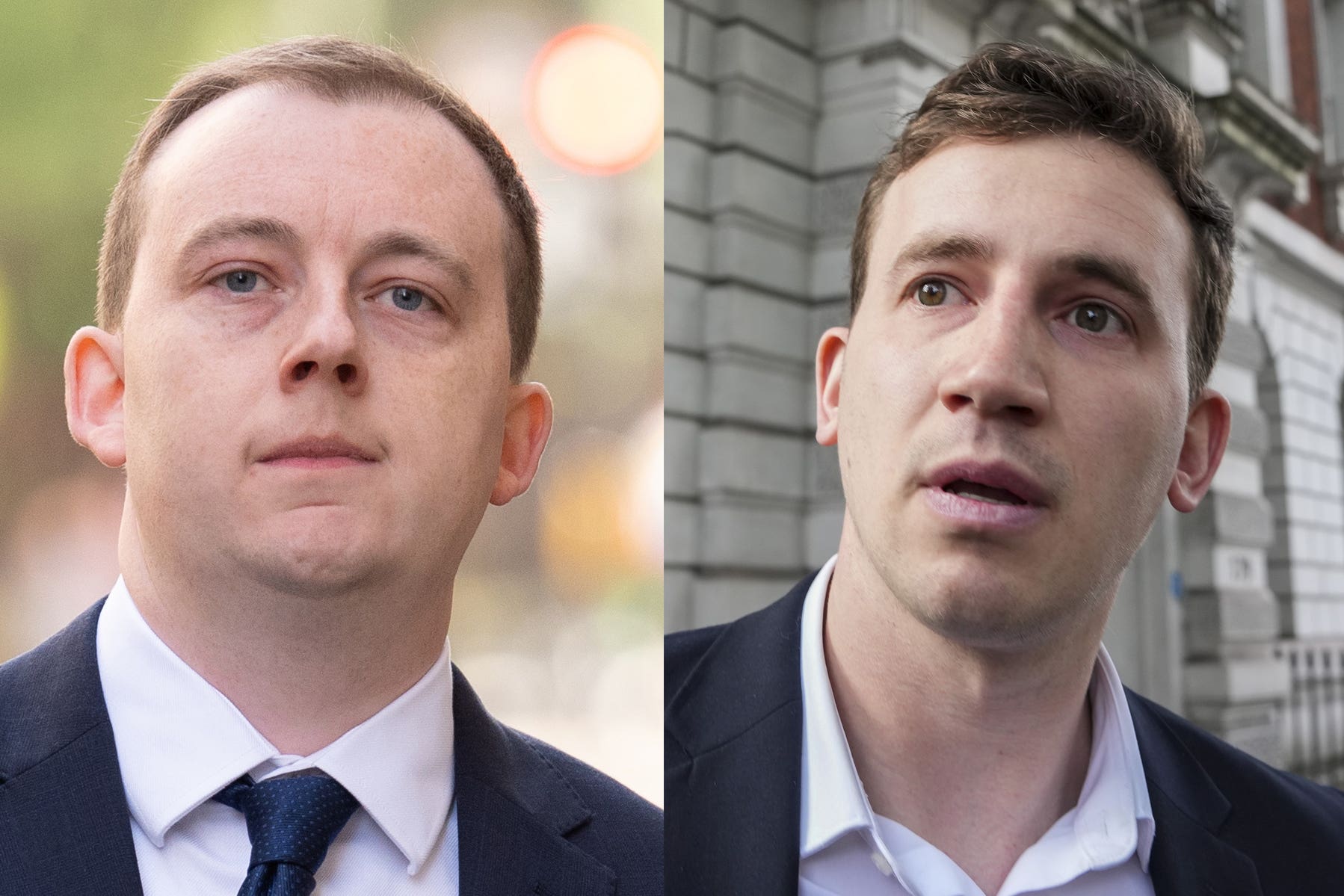The attorney general has hit out at “disgraceful allegations” made towards the prime minister and national security adviser following the collapse of the China spy case, and admitted he is “extremely concerned” about the impact the case will have on public trust in national security.
Lord Richard Hermer told a parliamentary committee that suggestions that “politicians had somehow improperly interfered in this case to stop a prosecution” were made “without evidence”.
MPs and Lords took evidence from the attorney general and Cabinet Office minister Darren Jones on Wednesday as part of their investigation into the collapse of the case against Christopher Cash and Christopher Berry.
The pair – who deny wrongdoing – had been accused of passing secrets to Beijing, but the case against them collapsed in recent weeks when the Crown Prosecution Service decided it did not have enough evidence to secure a conviction.
No 10 has faced questions over why Sir Keir Starmer did not intervene when the CPS said it would withdraw the case, but said earlier this month it would have been “absurd” for him to do so and interfere with the case.
Addressing the national security strategy committee on Wednesday, Lord Hermer said: “I am extremely concerned about the impact that this case has on public faith in our national security structures and in our criminal justice system insofar as it intersects with that.
“And that’s why I welcome the work of this committee, that’s why I welcome parliamentary scrutiny.”

He added: “It’s also, if I may say, why I deprecate some of the baseless accusations that were leveled against the prime minister and against our national security advisor Mr Powell when [...] the decision of the prosecution was announced, that seek to suggest that politicians had somehow improperly interfered in this case to stop a prosecution, effectively allegations that they were perverting the course of justice against the national security interests of this country.”
He described them as “disgraceful allegations to make without evidence”.
The government has faced questions over the saga, and the evidence that was provided by deputy national security adviser Matt Collins.
Attention has focused on Mr Collins’s statements, with the CPS saying his refusal to explicitly call China a “threat” or “active threat” to national security meant the prosecution could not continue.
On Monday, Mr Collins said he had provided evidence of a “range of threats” posed by Beijing but had not described the country as a “generic” threat because that was not the position of the Tory government in power at the time of the alleged offences.
Lord Hermer told the committee that he had “no doubt” that the prosecution would have gone to trial if legislation had been up to date.
Pointing to the Official Secrets Act, he said: “Standing back in this case, where’s the problem? What is it, because I think we should all be concerned to try and identify what lessons can be learnt.
“I’m clear in my mind that certainly one very significant problem here was the act. The act wasn’t fit for purpose; it was out of date.”
He said parliament was right to pass the National Security Act 2023, which takes away problems faced by prosecutors in the case and means it merely needs to be proved that “information was being passed to a foreign power.”
“Speaking frankly, I don’t understand why it took parliament so long to pass that. Had that act been in force at the relevant time for this case, between 21-23, I have no doubt that the prosecution would have proceeded to trial.”
18-year-olds applying for early deadline university courses hits record high
UK ready to send humanitarian support to Jamaica in wake of hurricane – PM
Starmer ‘deeply concerned’ by strikes on Gaza and UK ‘in close touch’ with US
Sudan war takes a turn as paramilitary force captures Darfur, threatening to split the country






